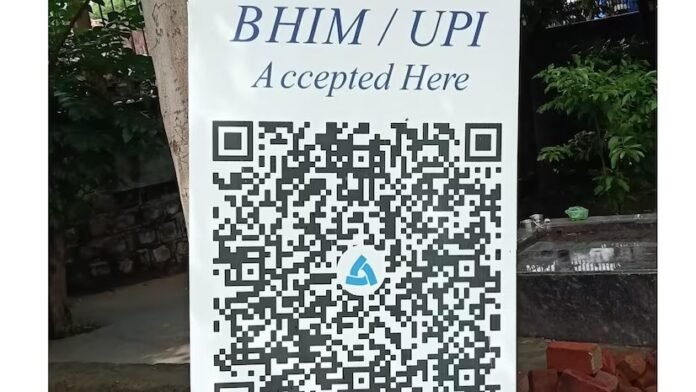QR codes, the distinctive square-shaped smudgy patterns, are increasingly being utilized as a powerful marketing tool. These codes, originally developed for industrial purposes, have found new relevance in the digital age and are now being creatively integrated into marketing campaigns across various industries.
QR codes, short for Quick Response codes, are scannable by smartphones and can be linked to specific content or actions. Marketers have recognized their potential to engage consumers in a convenient and interactive manner. By scanning a QR code, users can quickly access websites, product information, promotions, videos, or even make purchases directly from their mobile devices.
One of the advantages of QR codes is their versatility and ease of implementation. They can be placed on physical advertisements, product packaging, business cards, billboards, or even displayed on digital platforms. This flexibility allows marketers to seamlessly bridge the gap between offline and online channels, providing consumers with a seamless and integrated brand experience.
QR codes are particularly effective in driving engagement and capturing valuable data. Marketers can track the number of scans, analyze user behavior, and gather insights to refine their marketing strategies. By leveraging QR codes, businesses can effectively measure the impact of their campaigns and optimize their efforts accordingly.
Furthermore, the COVID-19 pandemic has further accelerated the adoption of QR codes as they offer contactless and hygienic interactions. Restaurants, retail stores, and other businesses have used QR codes for menu scanning, contactless payments, and contact tracing purposes, enhancing both safety and convenience for customers.
To maximize the impact of QR codes, marketers should focus on creating visually appealing and strategically placed codes that seamlessly integrate with the overall design and message of their marketing materials. Additionally, providing clear instructions and offering valuable incentives can further encourage users to scan the codes.
As QR codes continue to gain popularity, their potential applications in marketing are expanding. Marketers can leverage them to drive sales, build brand loyalty, gather customer feedback, and deliver personalized experiences.
In conclusion, QR codes have emerged as an effective marketing tool in the digital age. Their convenience, versatility, and ability to bridge offline and online channels make them an attractive option for businesses seeking to enhance their marketing strategies and engage with tech-savvy consumers.



